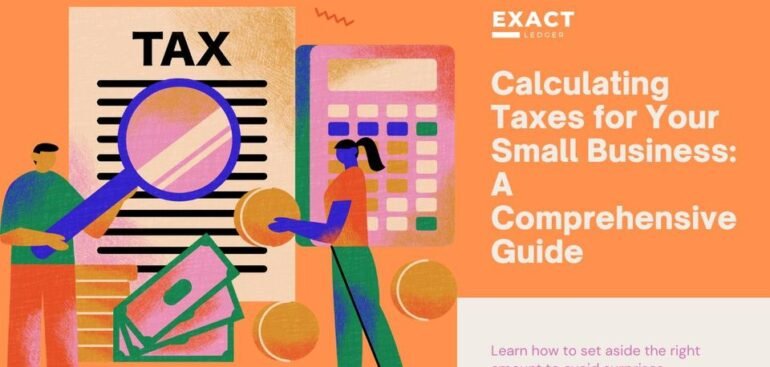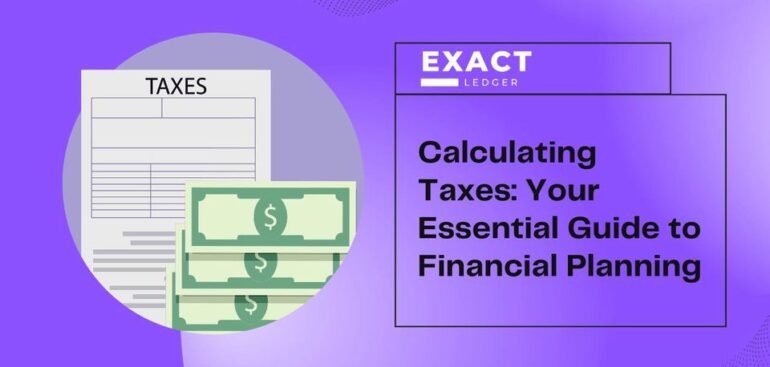When it comes to managing your finances, dealing with taxes can be one of the most stressful and challenging tasks. Many individuals and businesses struggle to navigate the complex world of tax regulations leading to overwhelming anxiety and potential financial penalties. This is where Fortress Tax Relief comes in. Our services are designed to help you understand and manage your tax responsibilities effectively providing peace of mind and financial stability.
Understanding Fortress Tax Relief
Fortress Tax Relief is a specialized service that offers comprehensive solutions to individuals and businesses facing tax related issues. Our team of experts is well versed in tax laws and regulations ensuring that you receive the best possible advice and assistance. Whether you’re dealing with back taxes audits or other tax related concerns, Fortress Tax Relief is here to help.
Why Choose Fortress Tax Relief?
Choosing Fortress Tax Relief means opting for a service that prioritizes your financial well being. Our team is dedicated to providing personalized solutions tailored to your specific needs. We understand that every tax situation is unique and we work diligently to offer strategies that best suit your circumstances. With Fortress Tax Relief you can rest assured that your tax issues are in capable hands.
Comprehensive Tax Solutions
At Fortress Tax Relief we offer a wide range of services to address various tax issues. Our comprehensive tax solutions include:
- Tax Debt Resolution: We help you manage and resolve your tax debts efficiently.
- Audit Representation: Our experts represent you during IRS audits to ensure a fair outcome.
- Tax Planning and Consultation: We provide strategic tax planning to minimize your liabilities.
- Penalty Abatement: We negotiate with the IRS to reduce or eliminate tax penalties.
- Installment Agreements: We set up manageable payment plans for your tax debts.
How Fortress Tax Relief Works
The process of working with Fortress Tax Relief is straightforward and client focused. Here’s how it works:
- Initial Consultation: We begin with a detailed consultation to understand your tax issues and goals.
- Assessment: Our team conducts a thorough assessment of your financial situation and tax obligations.
- Strategy Development: We develop a customized strategy to address your specific tax concerns.
- Implementation: We implement the strategy handling all communications with the IRS on your behalf.
- Resolution: Our goal is to achieve the best possible outcome ensuring your tax issues are resolved efficiently.
Benefits of Using Fortress Tax Relief
Using Fortress Tax Relief offers numerous benefits including:
- Expertise: Access to seasoned tax professionals with extensive experience.
- Peace of Mind: Reduced stress knowing your tax issues are being handled by experts.
- Financial Stability: Effective management of tax debts and liabilities.
- Time Savings: Free up your time to focus on other important aspects of your life or business.
- Customized Solutions: Tailored strategies to suit your unique tax situation.
Fortress Tax Relief for Businesses
Businesses often face complex tax issues that require specialized knowledge and expertise. Fortress Tax Relief provides business specific solutions including:
- Payroll Tax Issues: Assistance with payroll tax disputes and compliance.
- Sales Tax Problems: Help with managing and resolving sales tax obligations.
- Corporate Tax Resolution: Strategies to address corporate tax debts and penalties.
- Tax Lien and Levy Relief: Solutions to remove tax liens and levies on business assets.
Fortress Tax Relief for Individuals
Individuals facing tax challenges can also benefit greatly from Fortress Tax Relief. Our services for individuals include:
- Back Taxes Assistance: Help with filing and resolving back taxes.
- Offer in Compromise: Negotiating with the IRS to settle your tax debts for less than you owe.
- Innocent Spouse Relief: Protection from tax liabilities incurred by a spouse or former spouse.
- Wage Garnishment Relief: Solutions to stop or reduce wage garnishments.
Tailored Tax Solutions for Individuals and Businesses
At Exact Ledgers we understand the complexities and ever changing landscape of tax laws and regulations. Our individual and corporate taxation services are designed to provide you with accurate compliant and strategic tax solutions that minimize your liabilities and maximize your returns. Here’s what our comprehensive taxation services include:
- Individual Taxation Services: Personalized tax planning and filing back tax assistance offer in compromise and more.
- Corporate Taxation Services: Corporate tax resolution payroll tax management sales tax compliance and strategic tax planning for businesses.
Conclusion
Dealing with taxes doesn’t have to be a daunting task. With Fortress Tax Relief and Exact Ledgers by your side you can navigate the complexities of tax regulations with confidence. Our team of experts is committed to providing personalized effective solutions that ensure your financial stability and peace of mind. Don’t let tax issues overwhelm you, reach out to Fortress Tax Relief and Exact Ledgers today and take the first step toward resolving your tax concerns.
Highly Searched FAQs About Tax Relief Solutions
- What is tax relief and how can it help me? Tax relief refers to various programs and services designed to help taxpayers reduce their tax liabilities and resolve tax related issues. It can help individuals and businesses manage back taxes, avoid penalties and negotiate settlements with the IRS.
- How do I know if I qualify for tax relief? Eligibility for tax relief depends on your specific situation including your income, the amount of tax debt and your ability to pay. A consultation with a tax relief expert can help determine your eligibility and the best course of action.
- What types of tax relief programs are available? There are several tax relief programs available including installment agreements offered in compromise penalty abatement and innocent spouse relief. Each program addresses different aspects of tax debt and can provide significant financial relief.
- How long does the tax relief process take? The duration of the tax relief process varies depending on the complexity of your case and the specific program you are applying for. Some cases can be resolved in a few months while others may take longer.
- Can tax relief services help with state taxes as well? Yes, many tax relief services can assist with both federal and state tax issues. It’s important to work with a tax relief provider experienced in handling state specific tax regulations and procedures.



